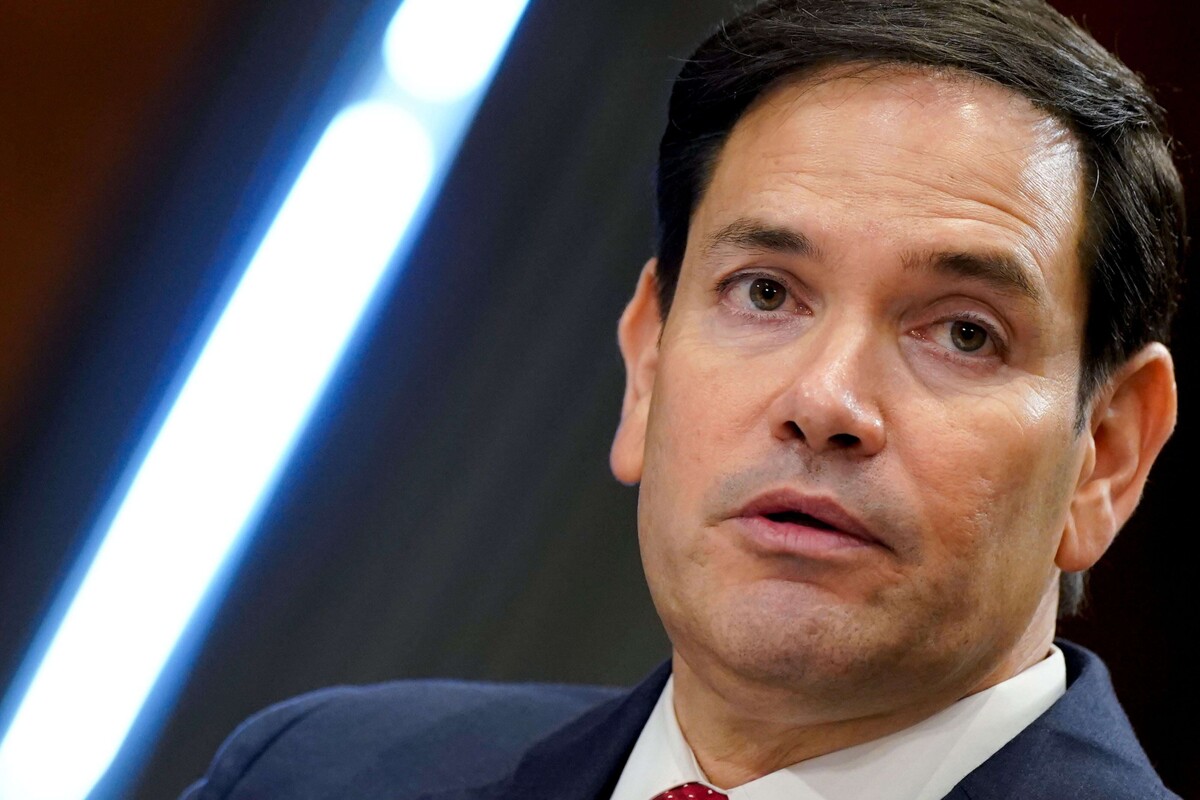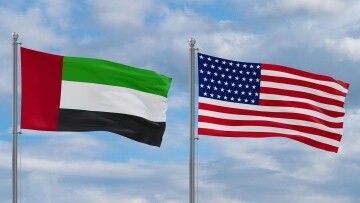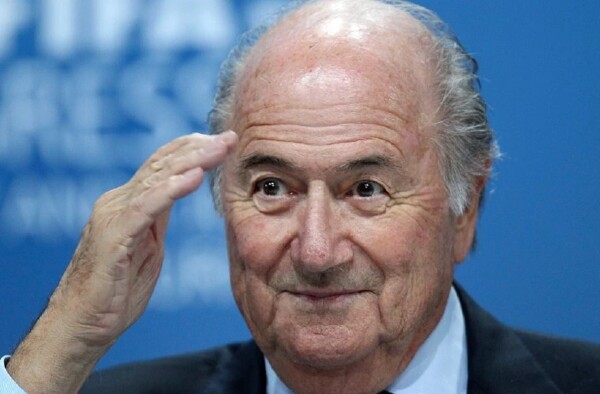
President Trump had originally supported a ban but later expressed his interest in enforcement and promised to give it a breather for now. Senator Rubio, for his part, has set aside concerns about potential disagreements with the president. His swift confirmation in the Senate was more a reflection of the broad support he has from his former colleagues than of Trump’s priorities.
Rubio, 53, has taken an aggressive stance regarding the rise of China as an economic power. He will be the first U.S. Secretary of State sanctioned by Beijing due to his perspectives aligned with Trump's "America First" policy. Despite this, there are doubts about how much influence Rubio will have as the country's top diplomat.
Regarding foreign policy, few details have been given so far. Donald Trump has been advised by people like Elon Musk and has named friends and advisors as special envoys to address important international matters. Rubio, a veteran Republican senator, once competed with Trump for the party's presidential nomination.
Marco Rubio, who served for 14 years on the Senate Foreign Relations Committee, is seen as a more conventional option for Trump's cabinet. He was approved with a vote of 99 to 0. Rubio is a staunch supporter of NATO and has backed the bill to ban the Chinese-owned video-sharing app TikTok.
Rubio has been critical of leftist dictatorships in Venezuela, Cuba, and Nicaragua, as well as Iran's Islamic clerical regime. He is likely to face more challenging confirmations in the future, and some of his positions may differ from those of his new boss, Trump. In particular, Rubio has mentioned imposing tariffs and reclaiming the Panama Canal, although he has not thoroughly addressed global issues such as Ukraine and Iran.














